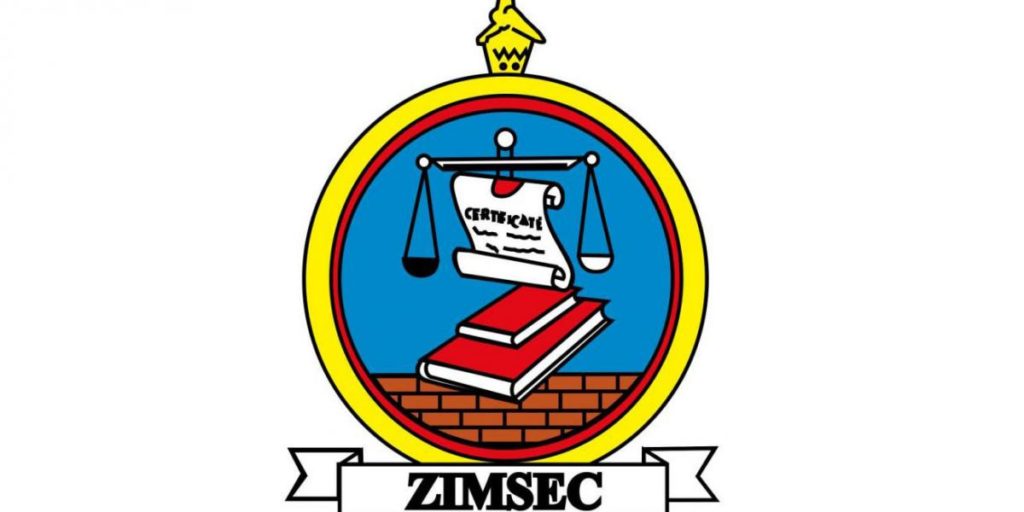Confusion over payment of invigilation fees continues

THERE is confusion over the payment of allowances for teachers invigilating final year examinations after the Zimbabwe Schools Examination Council (Zimsec) denied responsibility.
Zimsec said the obligation to pay invigilators fell under the Public Service Commission (PSC) but Public Service minister Paul Mavima said his ministry had no control over invigilation contracts.
The Progressive Teachers Union of Zimbabwe (PTUZ) wrote to Zimsec on Monday threatening to boycott supervising the examinations if there was no commitment to pay for the services.
The examinations begin on Monday.
Responding to PTUZ on Tuesday, Zimsec director Lazarus Nembaware said the responsibility to pay invigilators fell under the PSC.
Nembaware said this followed a resolution made at a 2019 meeting “where the matter of the invigilation of examinations was addressed by the Ministry of Primary and Secondary Education (MoPSE)”.
“The forum which was attended by representatives of all teachers unions, MoPSE and Zimsec comprehensively discussed this and other issues to do with teachers who are involved in invigilating examinations, the MoPSE, then represented by chief director J Dewah and Mr P Muzawazi (retired), adjourned the meeting with an undertaking to engage the employer of teachers which is the PSC,” Nembaware wrote to PTUZ.
“The responsibility that your letter puts on Zimsec belongs to another entity and we cordially advise you to seek engagement with the relevant authority.”
But Mavima yesterday said: “Zimsec is administered by the Primary and Secondary Education ministry and the Public Service ministry has no control over the contract between Zimsec and its invigilators.”
PTUZ president Takavafira Zhou said the confusion had thrown the invigilation of examination into a “quandary”.
“Attempts to prevaricate, change goal posts and shift blame elsewhere are ill-conceived, callous and unfortunate. Such evasiveness and elusiveness, will compound the invigilation process. If the responsibility of running examinations is PSC’s, why are Zimsec officials monitoring the process?” Zhou asked.
Zimbabwe Teachers Association secretary-general Goodwill Taderera added: “Zimsec is a parastatal on its own. It must be able to run its examinations. If it has contracts with markers then it can do the same with the invigilators.
“They (government authorities) may throw the ball to each other, but the fact remains that teachers want to get paid. Zimsec cannot continue referring to a meeting that was held two years back and has already been overtaken by events.”
Amalgamated Rural Teachers Union of Zimbabwe president Orbert Masaraure said Zimsec should pay invigilators “just the same way it pays its examiners and markers”. NewsDay
IMF calls for decisive action in Zim
THE International Monetary Fund (IMF) on Wednesday called on Zimbabwe to take decisive action to stem long-running economic turbulences, and warned that a big debt overhang would jeopardise efforts to secure fresh bailouts.
Zimbabwe has struggled to secure bailouts from international lenders since the IMF pulled the plug over its failure to settle arrears in 1999.
Authorities have blamed Zimbabwe’s meltdown on lack of funding and a tough global embargo imposed by Western powers following a fall out over alleged human rights violations and violent land reform.
The economic crisis has escalated in the past few months, highlighted by rising inflation, foreign currency shortages and currency depreciation.
In a report released by a virtual Article 4 mission which ended on Tuesday, the IMF said: “Decisive actions are needed to lock in economic stabilisation gains and accelerate reforms. The near-term macroeconomic imperative is to continue with the close co-ordination among fiscal, exchange rate and monetary policies”.
The fund reiterated its position that while Zimbabwe had cleared debts owed to it, the country was precluded from fresh funding due to a high sovereign risk stemming out of an unsustainable debt burden estimated at over US$20 billion.
“The fund engages the authorities in close policy dialogue and provides extensive technical assistance in the areas of economic governance, fiscal policy and revenue administration, financial sector reforms, as well as macroeconomic statistics,” the IMF said.
“However, the IMF is precluded from providing financial support to Zimbabwe due to an unsustainable debt and official external arrears,” it added.
In September, Zimbabwe said it had made its first debt repayment to a group of creditor countries known as the “Paris Club” under a refreshed plan to clear up to US$10,7 billion owed to several multilateral funders.
This debt represents over 70% of the country’s gross domestic product (GDP).
The Paris Club is a group of major creditor countries whose role is to find co-ordinated and sustainable solutions to debt repayment difficulties experienced by debtor countries.
As debtor countries undertake reforms to stabilise and restore their macroeconomic and financial situations, Paris Club creditors provide an appropriate debt treatment.
These countries include Japan, the United States of America, Germany, the United Kingdom, Belgium and several others.
Zimbabwe had defaulted since 2001, after falling into a gruelling economic crisis, which saw inflation hitting a record 500 billion percent in 2008, with GDP falling by 50% during the decade ending December that year.
—News Day







